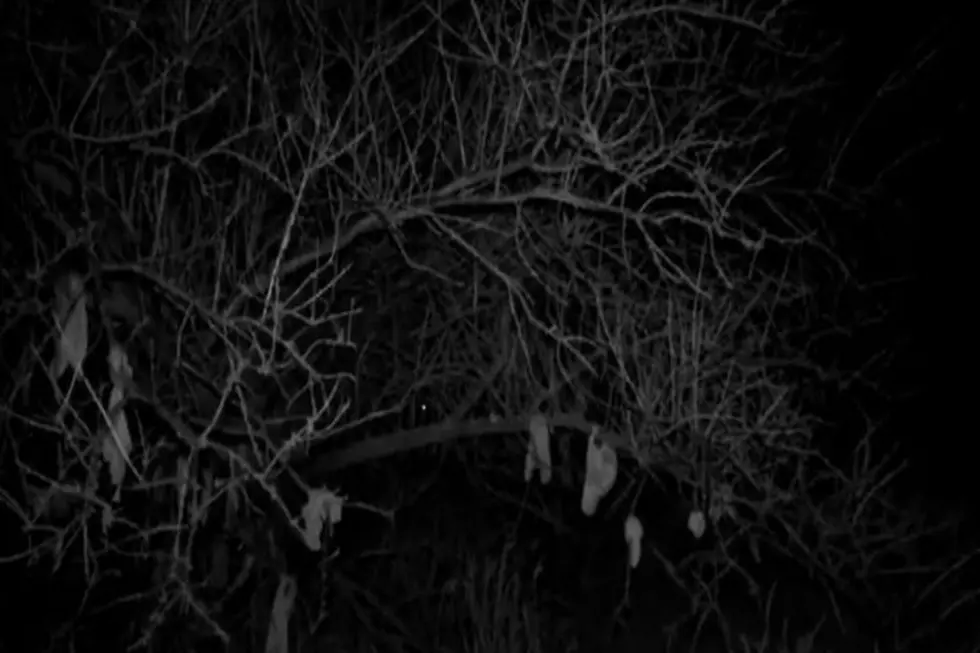
Public Health Officials: Limit Your Time Outdoors as Air Quality Worsens
TWIN FALLS, Idaho (KLIX) – Limit your time outside, if you can help it.
That’s the message from public health officials to people living in southern Idaho and other parts of the state because of potentially dangerous air quality due to smoke from several wildfires.
“Staying indoors is the best way to reduce exposure to smoke,” Colby Adams, environmental health director for the Department of Health and Welfare, said in a prepared statement. “If you have to be outside, remember that surgical masks, bandanas, and dust masks do not reduce the amount of smoke you breathe.”
The Twin Falls School District said it is heeding the health department's advisory and will keep students inside for recess today due to the poor quality.
"Our schools will be holding recess indoors today and we will re-evaluate the situation at 2 p.m. to determine what actions should be taken for after school activities," district spokeswoman Eva Craner wrote in an email to News Radio 1310.
Other school districts in the region also are monitoring air quality.
The Air Quality Index for parts of Idaho, including southwest and southern Idaho, has already been listed as “unhealthy,” “very unhealthy,” or “hazardous,” but officials say the levels will vary over the next several days.
Staying indoors," says Colby Adams, environmental health director for the Department of Health and Welfare, "is the best way to reduce exposure to smoke.
Certain individuals may be more sensitive to poor air quality, including older adults, infants and children, and those with medical conditions such as asthma, lung disease and heart disease. If you use an inhaler for asthma, public health officials say to keep it handy when going outdoors anytime soon.
If you use a respirator, be aware that for it to provide protection against “small particles in smoke, it must be certified by NIOSH (National Institute for Occupational Safety and Health) and fit with a tight seal around the mouth and nose,” Adams said.
“Respirators that provide protection from smoke particles also increase resistance to breathing, and their use should be limited to adults who are otherwise healthy. There are no respirators certified for use by children.”
Seek medical advice if you experience uncontrolled coughing, choking, wheezing or if breathing difficulties continue after moving indoors.
To reduce smoke exposure, public health officials advise:
- Older adults, small children, and those with respiratory conditions or heart disease should stay indoors and avoid heavy work when air quality reaches unhealthy for sensitive groups levels
- Everyone should avoid heavy work or exercise outdoors when the air quality index reaches unhealthy levels.
- Monitor the Air Quality Index when available. Use visibility to determine air quality otherwise. When visibility is reduced to less than five miles, sensitive groups should limit activity. When visibility is reduced to less than three miles, air quality is considered unhealthy for everyone. Visibility of less than one mile is considered hazardous and everyone should avoid all physical activity outdoors.
- Stay cool if the weather is warm. If your home has a central air system, run your fan blower continuously to re-circulate and filter the indoor air. If possible, use a filter in your air conditioner that is designed to collect smoke particles.
- For homes without a central heating and/or cooling system, use portable air purifiers to remove particles (air purifiers that utilize HEPA filters are best; avoid using air purifiers that produce ozone).
- If you do not have clean indoor air, visit places in your community that have air conditioning, such as a library.
More From 98.3 The Snake









